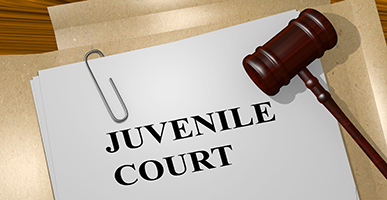- (251) 275-3144
- 114 Court Street Grove Hill, AL 36451
- Mon - Fri: 8:00 - 5:00
- Terms and Conditions
- Privacy Policy
Juvenile court, also called children’s court, special court handling problems of delinquent, neglected, or abused children. The juvenile court fulfills the government’s role as substitute parent, and, where no juvenile court exists, other courts must assume the function.
Two types of cases are processed by a juvenile court: civil matters, usually concerning care of an abandoned child or one whose parents cannot support him; and criminal matters arising from antisocial behaviour by the child.
Most statutes provide that all persons under a given age (18 years in many places) must be processed initially by the juvenile court, which can then, at its discretion, assign the case to an ordinary court.
The idea behind the juvenile court system is that children should be treated with special care. Its originators considered it futile and unjust to punish a child for wrongdoing, preferring rehabilitation instead. To accomplish this, the court operates informally and paternally.

